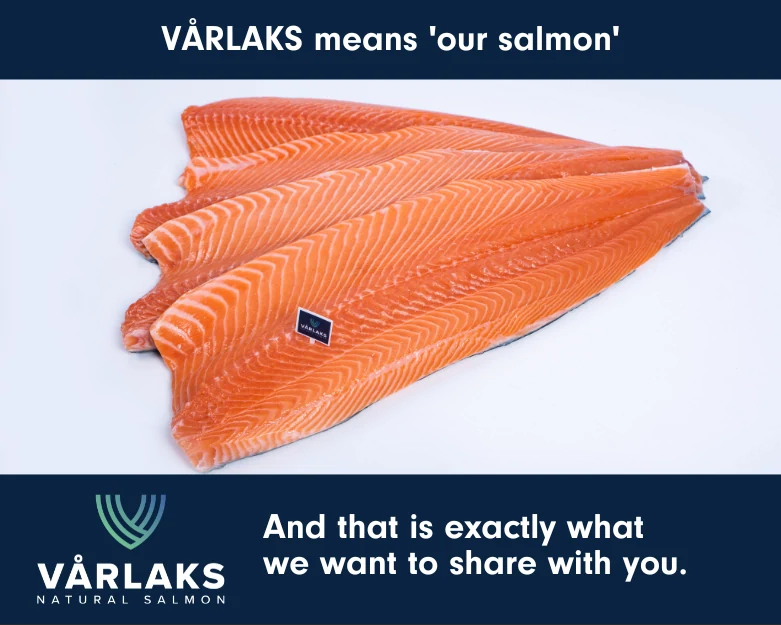Tasmanian salmon is off the menu.
The news that Tasmanian salmon has been downgraded to a Red “Say-No” rating by the Australian Marine Conservation Society has not been taken lightly by the Fisheries Research and Development Corporation (FRDC).
Today, the charity Australian Marine Conservation Society (AMCS) released an assessment of the ecological impact of Tasmanian salmon farms, downgrading Atlantic salmon from an amber, ‘Think Twice’ rating to a Red, ‘Say-No’.
The AMCS are behind Australia’s Sustainable Seafood Guide, a consumer guide to choosing seafood wisely.
Clean up its act
So what are the issues? The charity which was founded in 1965 and is supported by world famous chefs, NBA basketball players, authors and pro surfers, alleges that operations in Macquarie Harbour especially needs to “clean up its act.”
Adrian Meder, Sustainable Seafood Program Manager at the Australian Marine Conservation Society (AMCS) questioned the intensity of farming saying that, “there have been dangerously low oxygen levels in deeper harbour waters, over a million fish have been lost due to asphyxiation and disease, and ‘dead zones’ have formed on the seafloor. This is a serious failure in management.”
Meder said that as farms were operating next to wilderness World Heritage Area “where farming should be managed to protect the values of the area” but dead zones were found within the protected region.

Furthermore Meder called on authorities to do more: “It’s incumbent on the Tasmanian Government to ensure the fish farming industry does not harm the environment if it is to have a sustainable future in the state,” he added.
Research
However the Fisheries Research and Development Corporation, an authority that manages research and development investment by the Australian Government and the Australian fishing and aquaculture sectors, rebutted the accusations.
In a response on the site, the FRDC said; “Our research has underpinned third party accreditations and led to salmon farming in Tasmania being recognised as some of the most sustainable farming in the world.”
FRDC’s Managing Director, Dr Patrick Hone, said the organisation defended the record of its science and addressed the AMCS’s accusation that overstocking in Macquarie Harbour and low oxygen levels resulting in fish kills.
“There have indeed been fish kills in Macquarie Harbour and some directly attributable to low oxygen events, however a majority of the recent mortalities have been due to Pilchard Ortho-myxo Virus outbreaks. While there is very likely to be environmental aspect to outbreaks of this virus, it is known that biosecurity and fish husbandry practices play a major role. All these aspects are the topics of current research efforts.”










